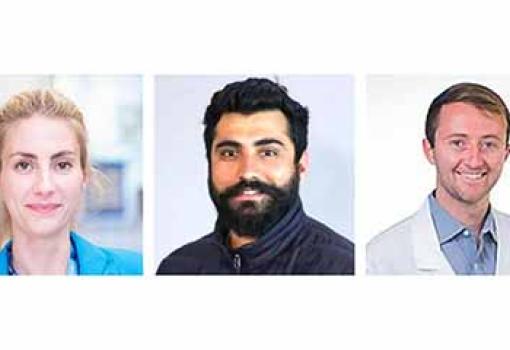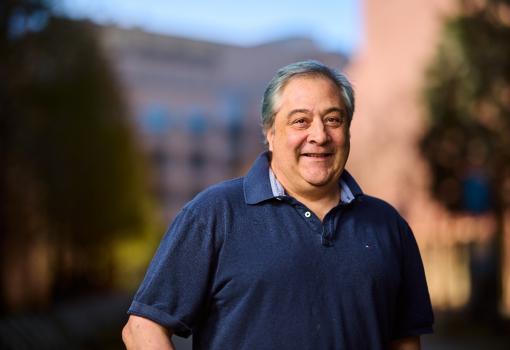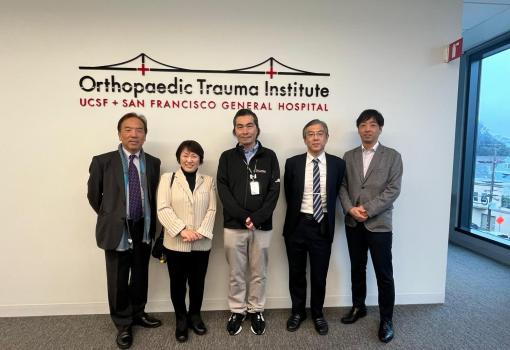Masakazu Toi, MD, PhD

Masakazu Toi, MD, PhD
Orthopaedic Trauma Institute at Zuckerberg San Francisco General
About Masakazu Toi, MD, PhD
My research focuses on understanding the molecular and cellular mechanisms underlying sensory neuron function in bone healing and neuropathic pain. With extensive experience in dorsal root ganglion (DRG) sample preparation, molecular biology, and advanced imaging techniques, I have developed expertise in AAV-based neuronal tracing and RNA analysis. Currently, as a postdoctoral scholar at UCSF, I am investigating pain-related molecular changes following tibial fracture using single-cell RNA sequencing (scRNA-seq) and proteomics. My goal is to elucidate pain mechanisms in bone healing to improve therapeutic strategies. My experience in immunohistochemistry, in situ hybridization, and behavioral assays allows me to contribute significantly to this project.
In addition to my current research focus, I have extensive experience in spinal surgery, including minimally invasive procedures, decompression, fusion, and trauma-related interventions. My clinical practice has deepened my understanding of musculoskeletal pathology, pain mechanisms, and bone healing. I have also conducted clinical research on postoperative outcomes, bone quality assessment, and infection prevention, contributing to improved surgical techniques and patient care. By integrating clinical expertise with basic science, I aim to develop more effective treatments for pain management and bone regeneration.
Furthermore, at UCSF, I have access to state-of-the-art behavioral analysis systems, including the BlackBOX platform, which enables precise and automated assessments of rodent behaviors. This cutting-edge technology allows for real-time monitoring of pain-related behavioral changes, facilitating a more comprehensive understanding of pain responses and recovery dynamics following tibial fracture. By leveraging this advanced behavioral analysis tool, I aim to further refine our understanding of the neurobiological mechanisms underlying pain perception and functional recovery, ultimately contributing to the development of improved therapeutic strategies.


